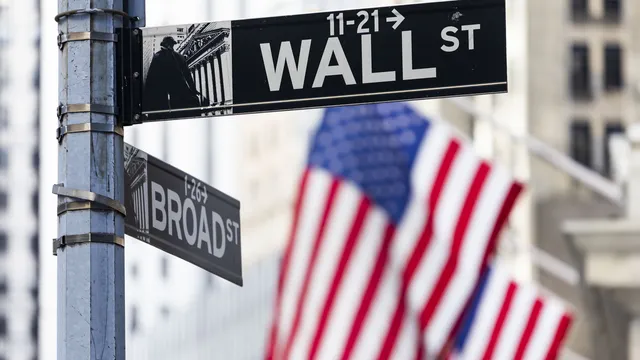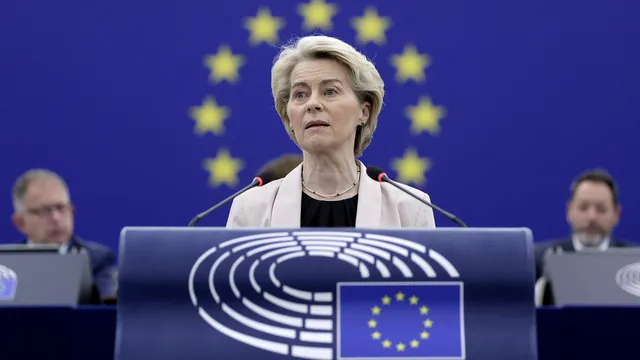The world's largest economies reacted swiftly to President Trump's latest round of tariffs, warning of retaliation against what they described as a counterproductive move.
Markets in Asia and Europe fell sharply in response to the tariffs, and U.S. futures fell.
China vowed to take countermeasures to "protect its own rights and interests". Its state media described the tariffs as "self-destructive intimidation," the New York Times said.
Laptops from Taiwan, wine from Italy, frozen shrimp from India, Nike sneakers from Vietnam and Irish butter.
These products are found in homes across the United States, a testament to America's enduring role as an advocate of free trade and its position as the most lucrative market for goods from around the world.
The European Union (EU), which supplies 18.5% of American imports, faces a 20% tariff, reflecting a significant trade deficit of USD 241 billion.
China, with a 34% tariff, remains the largest single partner with a trade deficit of $292 billion, while Vietnam, though a smaller trading partner with 4.2% of imports, is the hardest hit with a 46% tariff due to its growing role in supply chains.
Japan, South Korea and Taiwan, major suppliers of technology and automobiles, face tariffs between 24% and 32%, further impacting electronics and automotive spending.
India and Switzerland, known for pharmaceuticals and luxury goods, face tariffs of 27% and 32% respectively.
Thailand and Malaysia, key exporters of electronics and agricultural products, face some of the highest tariffs at 37% and 24% respectively. | BGNES

 Breaking news
Breaking news
 Europe
Europe
 Bulgaria
Bulgaria







